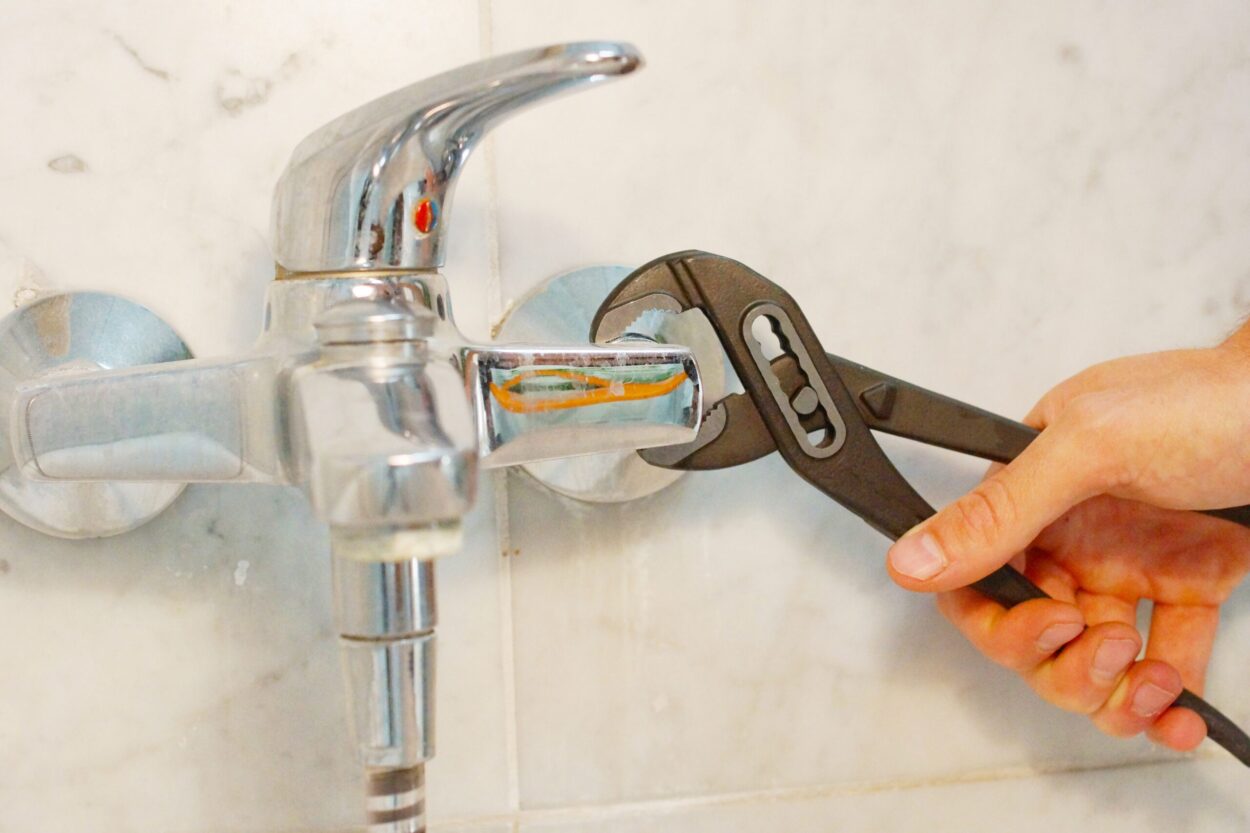Alternative Energy
How Long Does a Sump Pump Last? 5 Tips to Prolong its Life

Sump pumps are essential tools for keeping basements and crawl spaces free from water damage. But like any other mechanical equipment, they have a limited lifespan. The longevity of a sump pump depends on various factors such as usage, maintenance, and quality.
On average, a sump pump can last anywhere between 5 to 10 years. However, with proper care and regular maintenance, you can extend its lifespan and save yourself from the hassle of frequent replacements. Below are 5 tips to help prolong the life of your sump pump.
Tip 1: Choose a High-Quality Sump Pump
Investing in a high-quality sump pump is crucial if you want it to last for a long time. While it may be tempting to opt for a cheaper option, it can end up costing you more in the long run due to frequent repairs and replacements. Look for pumps with durable materials such as cast iron or stainless steel and features like a reliable motor and an efficient float switch.
High-quality sump pumps often have built-in features that make maintenance easier, such as removable screens or alarms for notification of potential issues. This allows you to perform regular maintenance and address any problems promptly, preventing major damage or breakdowns.
Tip 2: Install the Pump Properly
Proper installation is key to ensuring the longevity of your sump pump. Make sure it is placed on a solid foundation and secured in place to prevent shifting or tipping over. The discharge pipe should also be sloped away from your home’s foundation to avoid water buildup.
Tip 3: Regular Maintenance is Key
Regular maintenance is crucial for any mechanical equipment, and sump pumps are no exception. It is recommended to test your pump at least once a year and clean it every 3-4 months. Check for any signs of wear and tear, replace worn-out parts, and make sure the float switch is functioning properly. Many manufacturers provide specific guidelines for maintenance and inspection intervals for their sump pumps. Following these recommendations ensures that you maintain the warranty coverage and get the most out of your investment.
Tip 4: Keep an Eye on the Water Level
Sump pumps are designed to turn on when the water level reaches a certain point. If the water level in your basement is consistently high, it can put a strain on your pump and cause it to wear out faster. Check your basement for any sources of water leaks and address them promptly.
Monitoring the water level serves as an early warning system for any potential water-related issues in your basement. If the water level starts rising unexpectedly, it could indicate groundwater seepage, plumbing leaks, or other problems that need to be addressed promptly.
Tip 5: Consider an Additional Backup Pump
Even with proper maintenance, unexpected failures can occur. To avoid potential flooding in case of a power outage or malfunction, consider installing a backup sump pump. This can be in the form of a battery-powered pump or a water-powered one that uses your home’s water supply.
By following these 5 tips, you can prolong the life of your sump pump and avoid costly replacements. Remember to always prioritize quality when purchasing a new pump and perform regular maintenance to ensure its proper functioning.

